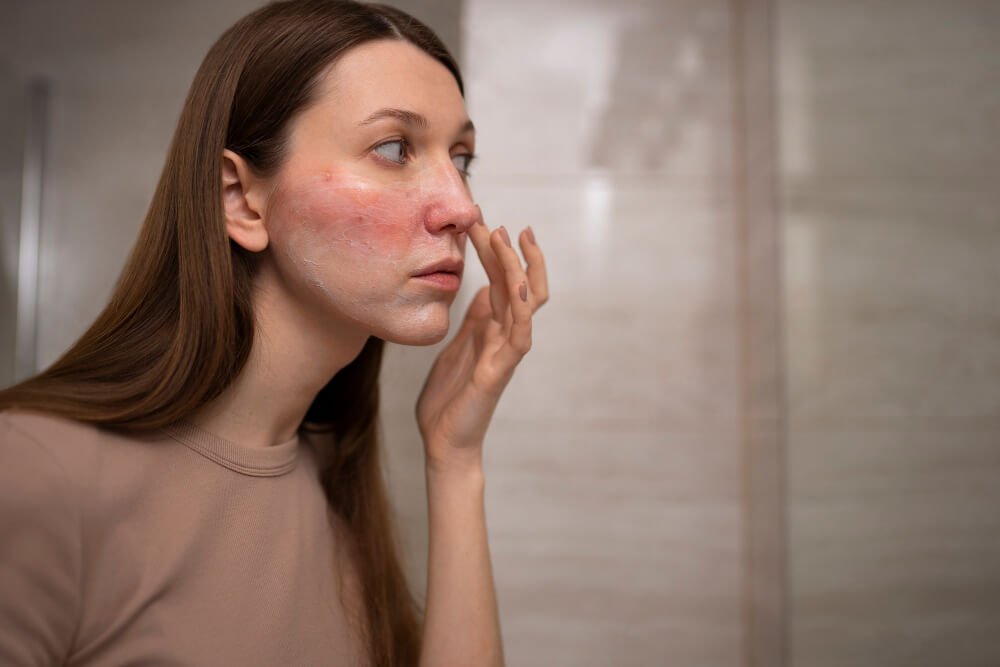In today’s fast-paced world, sleep often becomes the first sacrifice people make to meet deadlines, scroll social media, or binge-watch shows. But sleep is not just “rest”—it is a biological necessity. Your physical health, mental clarity, immunity, and productivity all depend heavily on how well you sleep.
A common debate continues:
Is it better to stay awake late at night or wake up early in the morning?
To answer this, we must first understand how sleep affects the body and mind.
Why Sleep Matters: The Science Behind Rest
Sleep is not a passive activity. While you sleep, your body is busy performing essential functions, such as:
1. Restoring the Brain
- Your brain removes toxins and waste products accumulated during the day.
- Cells repair themselves, and new neural connections strengthen memory.
2. Balancing Hormones
- Sleep regulates hormones like cortisol (stress), leptin and ghrelin (hunger), and insulin (blood sugar).
3. Strengthening Immunity
- During sleep, your body produces cytokines, which help fight infections and inflammation.
4. Repairing Muscles and Tissues
- Deep sleep triggers muscle recovery, tissue growth, and cell renewal.
5. Supporting Heart Health
- Good sleep reduces the risk of hypertension, stroke, and cardiovascular diseases.
Simply put:
Your body repairs, resets, and recharges while you sleep.
How Sleep Impacts Your Productivity
You may think sacrificing sleep helps you get more done, but the opposite is true.
1. Better Focus and Concentration
- Adequate sleep improves your attention span, problem-solving skills, and decision-making ability.
2. Increased Creativity
- REM sleep boosts creative thinking, idea generation, and memory consolidation.
3. Faster Reaction Time
- Good sleep improves reflexes, essential for work performance, driving, and daily tasks.
4. Improved Mood and Emotional Stability
- Lack of sleep increases stress, irritability, anxiety, and emotional fatigue.
5. Higher Work Efficiency
- With proper sleep, productivity increases naturally—without relying on caffeine or long working hours.
What Happens When You Don’t Sleep Enough?
Sleep deprivation can lead to short-term issues like:
- Brain fog
- Low energy
- Irritability
- Weakened immunity
- Poor decision-making
And long-term health risks such as:
- Obesity
- Diabetes
- Depression
- Heart disease
- High blood pressure
- Early aging
Consistently sleeping less than 7 hours a night puts your health at risk.
Should You Stay Up Late or Wake Up Early?
This question depends on your body’s natural rhythm, called the circadian rhythm. However, science clearly leans in one direction.
Why Waking Up Early Is Better
Most people function best when they sleep early and wake up early because:
- Hormones like cortisol and melatonin follow a sunrise–sunset cycle.
- The brain is more alert in the morning hours.
- Productivity peaks between 8 AM to 12 PM, according to studies.
- Morning light exposure boosts mood, energy, and focus.
- Going to bed early improves sleep quality and reduces stress.
Why Staying Up Late Is Harmful
Late-night schedules often lead to:
- Increased blue-light exposure
- Poor sleep quality
- Higher stress levels
- Unhealthy snacking
- Disrupted hormones
- Reduced next-day performance
Night owls also face higher risks of obesity, anxiety, and metabolic disorders.
But There’s an Exception…
Some people naturally have a “night owl” chronotype. They perform better in the evening. For them, the key is consistent sleep, not the clock timing.
But for most people, sleeping early and waking up early is healthier and more productive.
How to Improve Your Sleep Quality
Here are simple steps for better sleep:
✔ Maintain a fixed sleep schedule
- Sleep and wake up at the same time daily—even on weekends.
✔ Avoid screens 1 hour before bed
- Blue light reduces melatonin, the sleep hormone.
✔ Create a relaxing bedtime routine
- Reading, meditation, soft music, or light stretching.
✔ Limit caffeine after 3 PM
- It stays in your body for up to 8 hours.
✔ Keep your room cool, dark, and quiet
- Ideal temperature: 18–22°C
✔ Exercise regularly
- Just avoid intense workouts close to bedtime.
✔ Avoid heavy meals late at night
- This disrupts digestion and sleep cycles.
Final Thoughts
Sleep is not optional—it is essential for good health and high productivity. While personal preferences vary, scientific evidence strongly supports sleeping early and waking up early for most people. This natural rhythm aligns with your hormones, boosts mental performance, enhances mood, and strengthens overall well-being.
So the next time you think of staying up late to finish extra work, remember:
A good night’s sleep may help you achieve more in less time—healthily.








